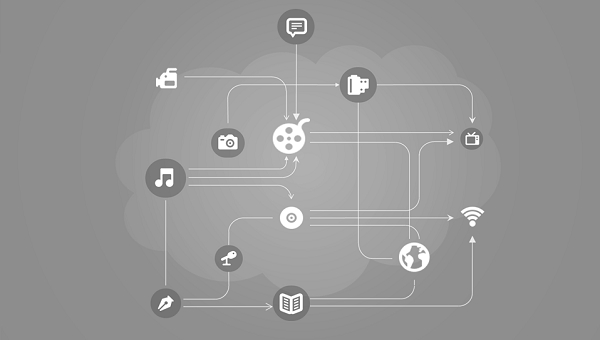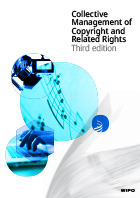
Collective management is one option within the copyright system that requires or allows rights holders to administer their rights through a Collective Management Organization (CMO).
Managing copyright and related rights individually may not always be realistic. An author, performer or producer, for instance, cannot contact every single radio station to negotiate licenses and remuneration for the use of their songs. On the other side, it is not practical for a radio station to seek specific permission from every author, performer and producer for the use of each song. CMOs facilitate rights clearance in the interest of both parties and economic reward for rights holders.

WIPO provides assistance in a range of formats upon demand from member states. This assistance generally draws on expert knowledge and can help policy makers and stakeholders get the most out of copyright and related rights in their specific national context.

The WIPO Academy offers several (online) distance learning courses in the area of collective management. Courses exist that are tailored to: legal practitioners (DL 501), right holders (DL 502), CMOs (DL 503), and policy makers (DL 506).

WIPO Connect is an interconnected system for the collective management of copyright and related rights. It enables CMOs to manage their operations locally and to connect to regional and international networks for works and right holder data exchanges.

When parties are involved in a collective management-related dispute, the WIPO Arbitration and Mediation Center can provide procedural assistance to help them solve the dispute out of court.

The Toolkit brings together examples of legislation, regulation and codes of conduct in the area of collective management from around the world.

This third edition of Collective Management of Copyright and Related Rights presents an in-depth revision with invaluable updates on the different systems, legislative options and best practices of CMOs worldwide.